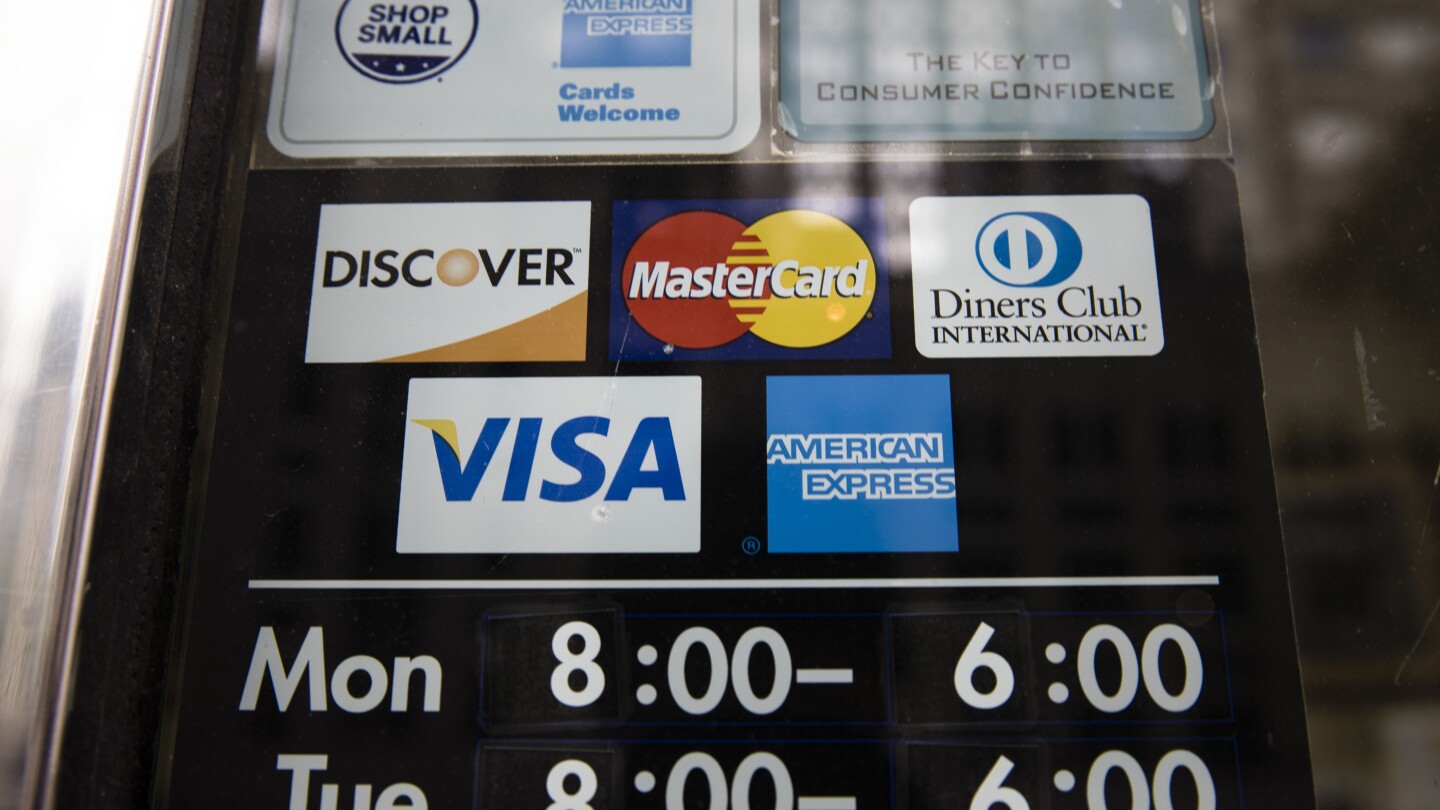While the U.S. economy is broadly healthy, pockets of Americans have run through their savings and run up their credit card balances after battling inflation for more than two years.
Experts worry that members of these groups – mostly lower- and middle-income Americans, who tend to be renters – are falling behind on their debts and could face further deterioration of their financial health in the year ahead, particularly those who have recently resumed paying off student loans.
“The U.S. economy is currently performing better than most forecasters expected a year ago, thanks in large part to a resilient consumer,” wrote Shernette McLoud, an economist with TD Economics, in a report issued Wednesday. “However, more recently that spending is increasingly being financed by credit cards.”
Americans held more than $1.05 trillion on their credit cards in the third quarter of 2023, a record, and a figure certain to grow once the fourth-quarter data is released by Federal Deposit Insurance Corp. next month. A recent report from the credit rating company Moody’s showed that credit card delinquency rates and charge-off rates, or the percent of loans that a bank believes will never be repaid, are now well above their 2019 levels and are expected to keep climbing.
…
Most analyses of Americans’ financial health tend to tell a tale of two consumers. On one side are the roughly two-thirds of Americans who own their homes and those who’ve invested in the stock market and done substantially well. They generally had the savings cushion necessary to weather high inflation. Delinquency rates on single-family homes remain at near historic lows and home prices have continued to climb.
But for the rest of America, things are looking rough.



I don’t say it isn’t greed and it isn’t shifty practice on the part of credit card companies, and some are worse than others, but I’m just hoping to help people steer clear of the temptation to use credit cards if they haven’t the money in the bank to pay them off.
It IS a big responsibility of credit card companies to not be usurious with their interest rates, but let’s be real - that’s never going to change. It’s what they do.
Basic necessities are always going to go up, because manufacturers know they have us by the short hairs and can yank us around anyway they please, and people will still cough up the money. They do that with gas prices all the time, raising them when travel is more likely just because they can.
IT’s a sad truth that the world we live in is full of deliberate traps to make you a debtor as much as possible. Then once you are in debt, it’s full of ways for creditors to harrass and bully you for it.
Totally agreed with you. Credit cards used effectively can be beneficial to people, but those companies make money off of the people that aren’t careful with it.
Also I want to thank you as your original comment provided inspiration for me to make an AskLemmy post about this kind of thing:
https://lemmy.ca/post/14780751
I wish I had had instructive help on when and how to use credit cards when I was younger. I did go into debt and so I know how it happens and see how easily it lures people in. So I’m glad you’re putting energy into creating a post about it and helping getting the word out.
For me, credit cards were a too-attractive lure and they ensnared me when I was least able to understand how negatively impactful they could be. So I hope getting the information out to others will help them avoid the same pitfalls. Frankly, a bank debit card is useful but most credit cards are probably best avoided if possible.